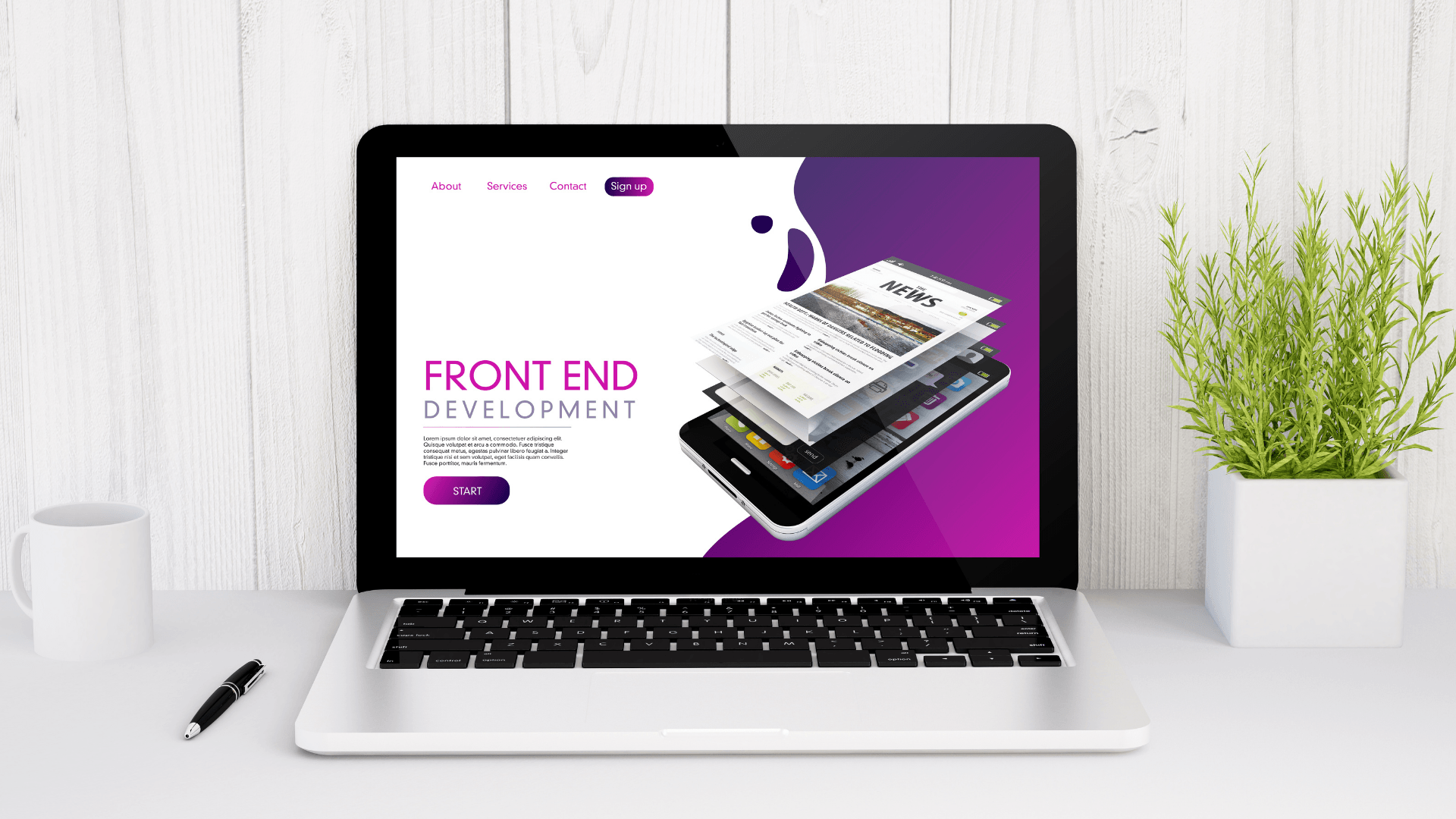StoryBrand for Successful Marketing
Everyone loves a good story. Stories are powerful. Every memorable story is built on a simple framework: A hero has a problem, meets a guide who gives them a plan and calls them to action. Failure would be devastating but the hero is guided to success.

That's the plotline of some of the epic stories that have gripped culture for years. What is remarkable is that we can take those principles and the story framework and apply them to marketing. Don Miller, author of "Building a StoryBrand” states, "Story is the most powerful tool in the world to captivate the human brain. When you learn to use story in your brand's communication, your customers will finally pay attention to what you're saying."
What is StoryBrand messaging?
- A framework to clarify your message
- A framework that has been getting and keeping people's attention for thousands of years
- A powerful formula to get attention for your products, your services, or yourself
It is important to understand that you are not telling your story but inviting customers into a story. The brand is not the hero. The customer is the hero. That is the only way to engage them. The brand’s role is to guide them successfully through their challenges.
If you use the StoryBrand Framework, you should answer the following questions in your messaging:
- What do you do?
- How do you make people's lives better?
- Why should they do business with you instead of anyone else?
Why is the StoryBrand framework so effective?
Every human being wants to be invited into a story. They want you to offer them a vision of a better life, help them overcome challenges, act as their guide and take them to a climactic scene in which their story ends happily. That is why the StoryBrand framework is so powerful. It allows your business to:
- Capture your customer’s attention - The best storytellers all know that in this noisy world, attention is key! People have short attention spans and want to know what’s in it for them.
- Know and connect with your ideal client - Don’t make the mistake of making a lot of noise but missing an opportunity to truly connect with your ideal client.
- Get clear on the problem you solve - When you can get clear on how you solve problems, you can be sure that people will listen.
The Customer is the Hero, not your Brand
The idea behind StoryBrand marketing is this: Your customers don’t really care much about what you do - about your company or your history. Telling them a story about you is both ineffective and a waste of their time. Your story is deeply personal to you, but to others you're just another business trying to take their hard-earned money. Your customers primarily care about themselves - their struggles, their challenges, their pursuits. But if you show up as the trustworthy Guide, who has a plan to help them solve their problems, and help them along their path to success, now that’s interesting! Now they care about you and about what you can do to help them.
Q: Take a look at the homepage of your website- is it about you or the customer?
A: Your marketing should invite your customer into a story and position you as the guide who will help them to succeed so they feel like a winner, an overcomer, or a hero.
From a consumer perspective, benefits are more important than features. Benefits are what help customers. Merely talking about features is what makes you feel good about yourself, but that's irrelevant to a stranger. Describing the benefits of a product, such as "This will help you feel strong and confident", makes customers more likely to buy your product. A description of your product such as “our product is purple” may just leave customers confused.
Seven Principles of StoryBrand
Donald Miller comprises StoryBrand marketing based on seven principles that you can apply to any aspect of your marketing (a website, an email campaign, social media). When you’re designing marketing materials or about to launch a new campaign, run your messaging and your creative through these seven principles.
Principle #1 — The customer is the hero, not your brand.
Principle #2 — Companies tend to sell solutions to external problems, but customers buy solutions to internal problems.
Principle #3 — Customers aren’t looking for another hero; they’re looking for a guide.
Principle #4 — Customers trust a guide who has a plan.
Principle #5 — Customers do not take action unless they are challenged to take action.
Principle #6 — Every human being is trying to avoid a tragic ending.
Principle #7 — Never assume people understand how your brand can change their lives. Tell them.
Need more help?
StoryBrand marketing is valuable because it works. Do you want to experience the effectiveness of using the StoryBrand framework for your website? Our marketing specialists are StoryBrand certified and have helped a lot of businesses clarify their message and get their customer’s attention. Download the FREE PDF about the principles you should follow to succeed, and start growing your business today!
Storybrand lead generate











